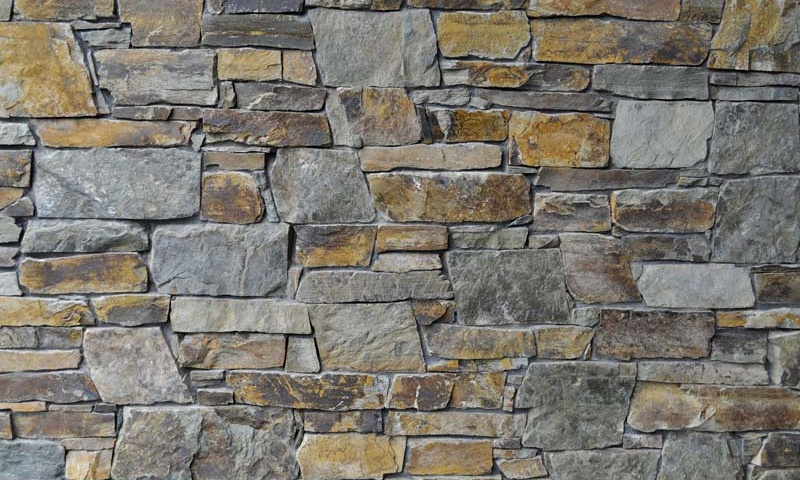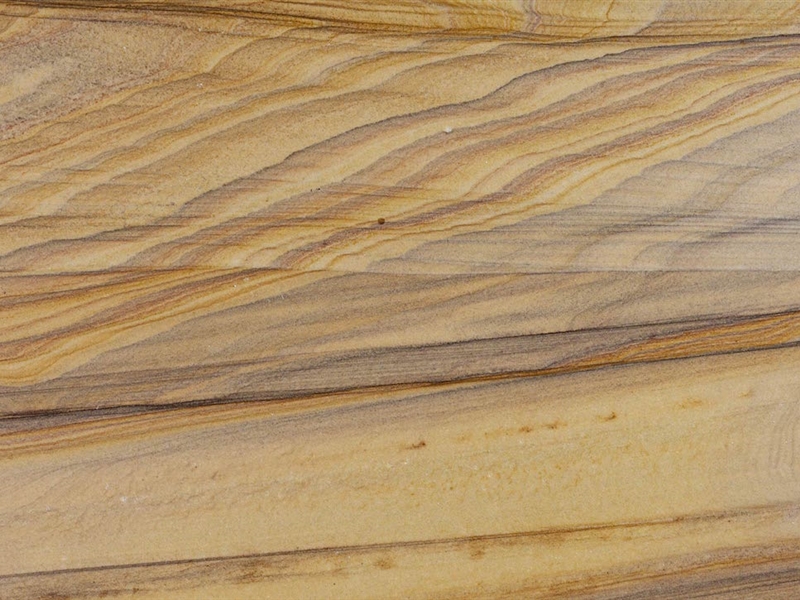
6 Types of Indian Sandstone and Their Features
September 3, 2024
How Durable is Indian Statuario Marble for Flooring?
September 16, 2024In the case of Indian natural stones, it is crucial to pay attention to quality when selecting them for use in luxurious homes or prestigious architectural designs. India is one of the world's largest suppliers of natural stones and has a wide range to choose from, including high-quality marble, granite, and sandstone, among others. But not all stones are the same, and figuring out which stone is the best is something that one needs to know and see. It is worth considering Indian natural stones exporters like Tripura Stones, who focus on providing the best quality at the best prices.
Factors to consider to identify the best quality Indian natural stones:
- Visual Inspection: First Impressions Matter The initial assessment of the quality of natural stones is done through a visual examination. Consistency of colour should also be a key feature; the stones should be of high quality and have a consistent colour with little to no contrast. Although variations are normal and give the stone more personality, significant unevenness may indicate poor workmanship. Try to find stones with the same pattern, whether it is the colour pattern in marble or the wood grain in granite. If any stains, specks, or marks seem to be unnatural, then it is very likely that the stone has a flaw.
- The Touch Test: Feel the StoneAnother important characteristic of the stone is its texture. Rub your hand over it; good-quality stones should have a smooth surface with no sharp edges or bulges. For polished stones, the surface should be smooth, having no dull areas that do not reflect light. If the stone is rough or has a grainy texture, then it surely isn’t the best. Also, make sure that the thickness of the stone is uniform, as any unevenness can cause issues when installing the stone or using it afterwards.
- Testing durability: scratch and stain resistanceA scratch hardness test is one of the easiest and most common methods of testing the hardness of a stone. With a sharp object, gently rub the surface; a quality stone will not scratch easily, but a poor-quality one will. Likewise, the stain resistance is crucial, particularly for the kitchen countertops. Put a few drops of water or oil on the stone and then leave it for some time to dry. If the stone readily soaks up the liquid, then it can be easily stained, which is not good for the quality of the stone.
- The Importance of Sourcing: Indian Natural StonesAnother way of getting the right quality stones is by purchasing them from reputable Indian natural stone exporters. Firms such as Tripura Stones are popular in the market for their focus on quality, delivering a vast range of natural stones that comply with the international market. These exporters have very strict quality control measures in place to ensure that every stone is checked and classified before it hits the market. When buying stones from an exporter, you can be assured that the stones you obtain are of the highest quality.
- Understanding Stone's Origin: Geological FactorsThe place of origin of the stone may also be a factor that affects the quality of the stone. Some of the stones available in India, particularly from Rajasthan and South India, are considered to be of high quality because they were formed under certain conditions. For example, Makrana marble is known to be pure and long-lasting, which makes it ideal for high-end projects. Knowing where the stone is coming from can help you determine if the stone is of high quality and if it is right for your project.




